Intro
Learn RSV signs and symptoms, including respiratory issues, cough, and fever, to identify the virus in infants and adults, and understand treatment options for respiratory syncytial virus infections.
Respiratory syncytial virus (RSV) is a common and highly contagious virus that affects people of all ages, but it is most severe in young children and older adults. RSV is the leading cause of lower respiratory tract infections, such as bronchiolitis and pneumonia, in children under the age of two. Understanding the signs and symptoms of RSV is crucial for early detection and treatment, which can help prevent complications and reduce the risk of severe illness.
RSV infections can range from mild to severe, and the symptoms may vary depending on the age and health status of the individual. In general, RSV infections can cause a range of symptoms, including runny nose, coughing, sneezing, fever, and loss of appetite. In severe cases, RSV can cause more serious symptoms, such as wheezing, difficulty breathing, and apnea (pauses in breathing). It is essential to recognize the signs and symptoms of RSV to seek medical attention promptly if they occur.
The importance of recognizing RSV signs and symptoms cannot be overstated. Early detection and treatment can help prevent complications, such as respiratory failure, and reduce the risk of severe illness. Moreover, understanding the signs and symptoms of RSV can help individuals take preventive measures, such as practicing good hygiene, avoiding close contact with infected individuals, and getting vaccinated. By being aware of the signs and symptoms of RSV, individuals can take proactive steps to protect themselves and their loved ones from this highly contagious virus.
What Are The Signs And Symptoms Of RSV
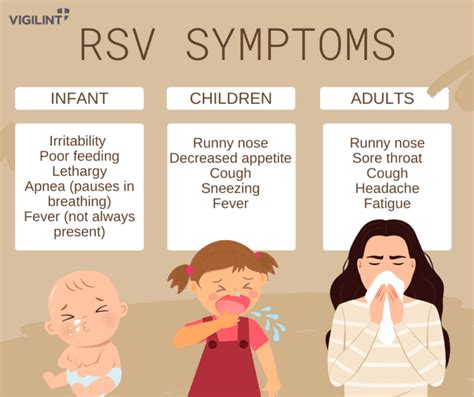
The signs and symptoms of RSV can vary depending on the age and health status of the individual. In general, RSV infections can cause a range of symptoms, including:
- Runny nose
- Coughing
- Sneezing
- Fever
- Loss of appetite
- Wheezing
- Difficulty breathing
- Apnea (pauses in breathing) In severe cases, RSV can cause more serious symptoms, such as:
- Respiratory failure
- Pneumonia
- Bronchiolitis
- Dehydration
- Seizures
RSV Signs And Symptoms In Children
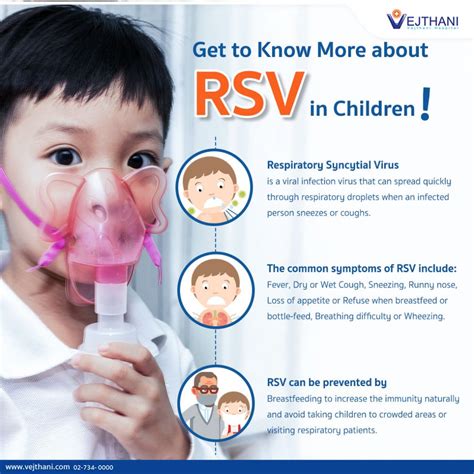
In children, RSV infections can cause a range of symptoms, including:
- Runny nose
- Coughing
- Sneezing
- Fever
- Loss of appetite
- Wheezing
- Difficulty breathing
- Apnea (pauses in breathing) In severe cases, RSV can cause more serious symptoms, such as:
- Respiratory failure
- Pneumonia
- Bronchiolitis
- Dehydration
- Seizures It is essential to seek medical attention promptly if a child exhibits any of these symptoms, especially if they are under the age of two or have a weakened immune system.
How Is RSV Diagnosed
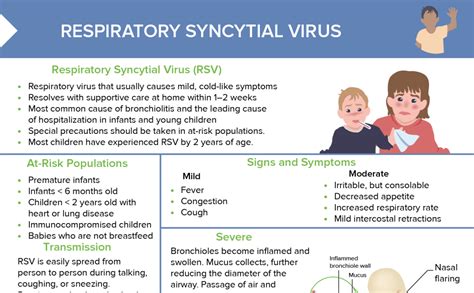
RSV is typically diagnosed based on the symptoms and physical examination. However, in some cases, additional tests may be necessary to confirm the diagnosis. These tests may include:
- Rapid antigen detection tests
- Polymerase chain reaction (PCR) tests
- Chest X-rays
- Blood tests It is essential to seek medical attention promptly if symptoms of RSV occur, especially if they are severe or persistent.
RSV Treatment Options
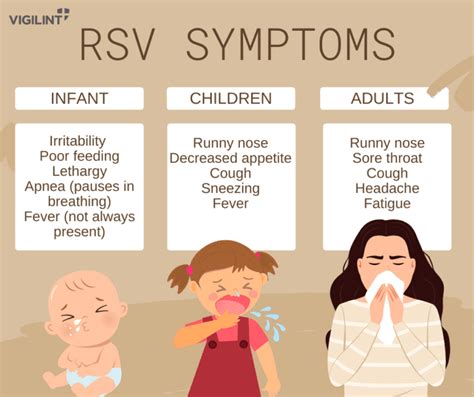
There is no specific treatment for RSV, but there are several options available to manage the symptoms and prevent complications. These options may include:
- Supportive care, such as rest, hydration, and nutrition
- Medications, such as bronchodilators and corticosteroids, to help manage symptoms
- Oxygen therapy to help improve breathing
- Hospitalization, in severe cases, to provide close monitoring and supportive care It is essential to work closely with a healthcare provider to determine the best course of treatment for RSV.
How To Prevent RSV
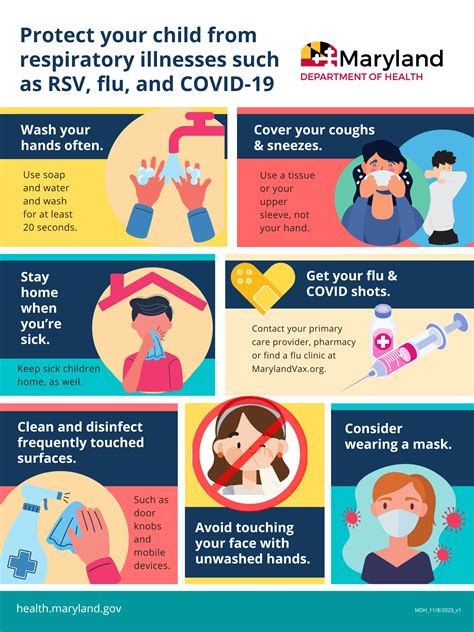
There are several ways to prevent RSV, including:
- Practicing good hygiene, such as washing hands frequently and avoiding close contact with infected individuals
- Getting vaccinated, especially for high-risk individuals, such as young children and older adults
- Avoiding close contact with individuals who have RSV
- Keeping surfaces and objects clean and disinfected
- Avoiding sharing food, drinks, or utensils with others By taking these preventive measures, individuals can reduce their risk of contracting RSV and prevent the spread of the virus to others.
RSV Vaccination
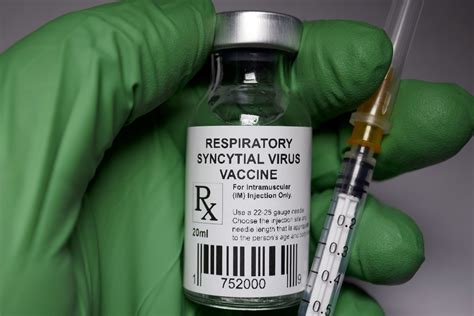
RSV vaccination is available for high-risk individuals, such as young children and older adults. The vaccine is typically administered in the form of a shot or a nasal spray. It is essential to consult with a healthcare provider to determine the best vaccination option and to discuss any concerns or questions.
RSV Complications
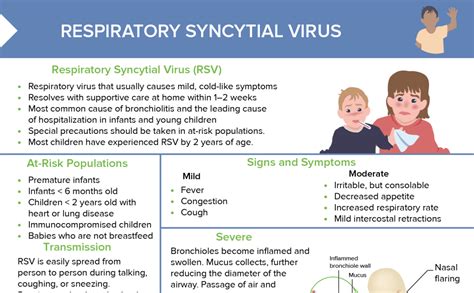
RSV can cause several complications, especially in high-risk individuals, such as young children and older adults. These complications may include:
- Respiratory failure
- Pneumonia
- Bronchiolitis
- Dehydration
- Seizures It is essential to seek medical attention promptly if symptoms of RSV occur, especially if they are severe or persistent.
RSV And Asthma
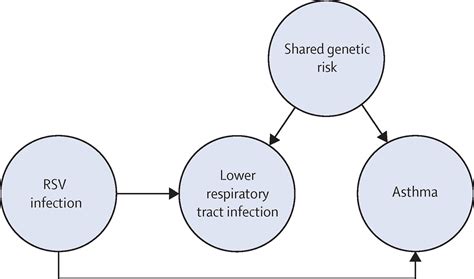
RSV can trigger asthma symptoms in individuals with asthma. It is essential to work closely with a healthcare provider to manage asthma symptoms and prevent complications.
RSV And Other Conditions
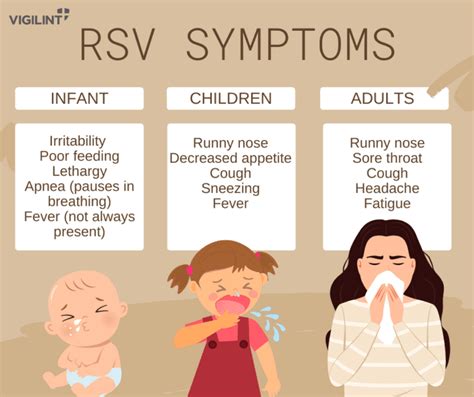
RSV can also exacerbate other conditions, such as heart disease, diabetes, and chronic obstructive pulmonary disease (COPD). It is essential to work closely with a healthcare provider to manage these conditions and prevent complications.
What is RSV?
+RSV is a common and highly contagious virus that affects people of all ages, but it is most severe in young children and older adults.
What are the symptoms of RSV?
+The symptoms of RSV can vary depending on the age and health status of the individual, but they may include runny nose, coughing, sneezing, fever, loss of appetite, wheezing, difficulty breathing, and apnea.
How is RSV diagnosed?
+RSV is typically diagnosed based on the symptoms and physical examination, but additional tests, such as rapid antigen detection tests and PCR tests, may be necessary to confirm the diagnosis.
What is the treatment for RSV?
+There is no specific treatment for RSV, but supportive care, such as rest, hydration, and nutrition, and medications, such as bronchodilators and corticosteroids, may be used to manage symptoms and prevent complications.
How can RSV be prevented?
+RSV can be prevented by practicing good hygiene, getting vaccinated, avoiding close contact with infected individuals, keeping surfaces and objects clean and disinfected, and avoiding sharing food, drinks, or utensils with others.
In conclusion, RSV is a highly contagious virus that can cause severe illness in young children and older adults. Understanding the signs and symptoms of RSV is crucial for early detection and treatment, which can help prevent complications and reduce the risk of severe illness. By practicing good hygiene, getting vaccinated, and taking other preventive measures, individuals can reduce their risk of contracting RSV and prevent the spread of the virus to others. If you have any concerns or questions about RSV, we encourage you to comment below or share this article with others. Together, we can work to prevent the spread of RSV and promote healthy communities.
